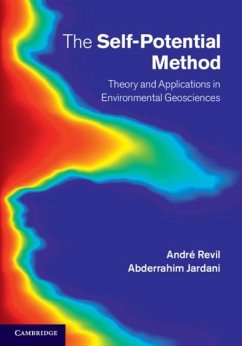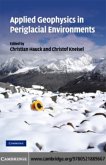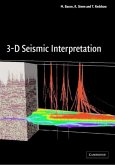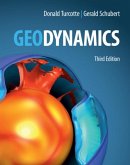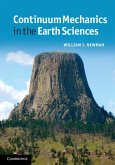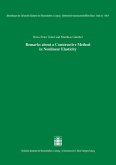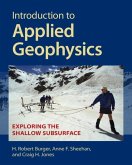The self-potential method enables non-intrusive assessment and imaging of disturbances in electrical currents of conductive subsurface materials. It has an increasing number of applications, from mapping fluid flow in the subsurface of the Earth to detecting preferential flow paths in earth dams and embankments. This book provides the first full overview of the fundamental concepts of this method and its applications in the field. It discusses the historical perspective, laboratory investigations undertaken, the inverse problem and seismoelectric coupling, and concludes with the application of the self-potential method to geohazards, water resources and hydrothermal systems. Chapter exercises, online datasets and analytical software enable the reader to put the theory into practice. This book is a key reference for academic researchers and professionals working in the areas of geophysics, environmental science, hydrology and geotechnical engineering. It will also be valuable reading for related graduate courses.
Dieser Download kann aus rechtlichen Gründen nur mit Rechnungsadresse in A, B, BG, CY, CZ, D, DK, EW, E, FIN, F, GR, HR, H, IRL, I, LT, L, LR, M, NL, PL, P, R, S, SLO, SK ausgeliefert werden.

